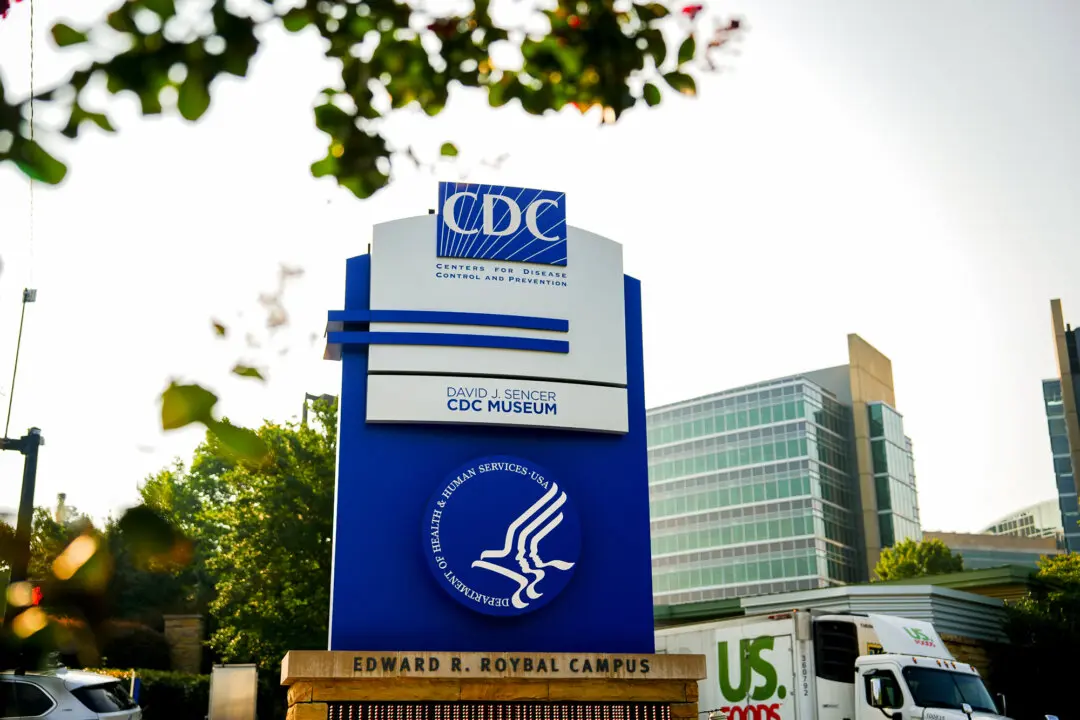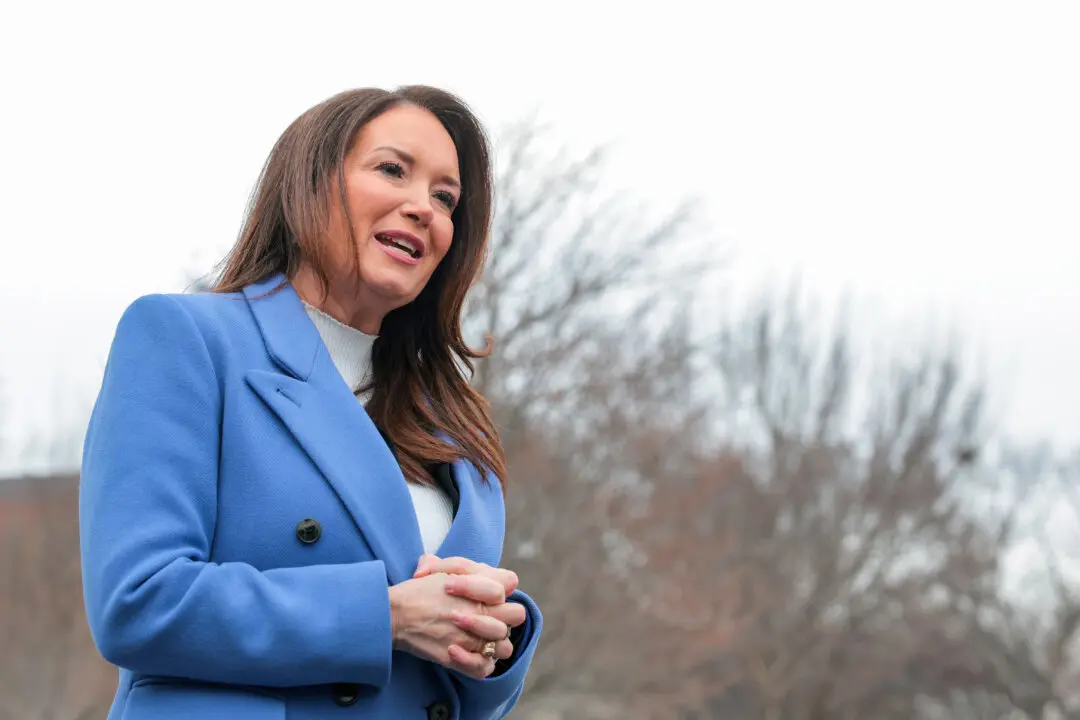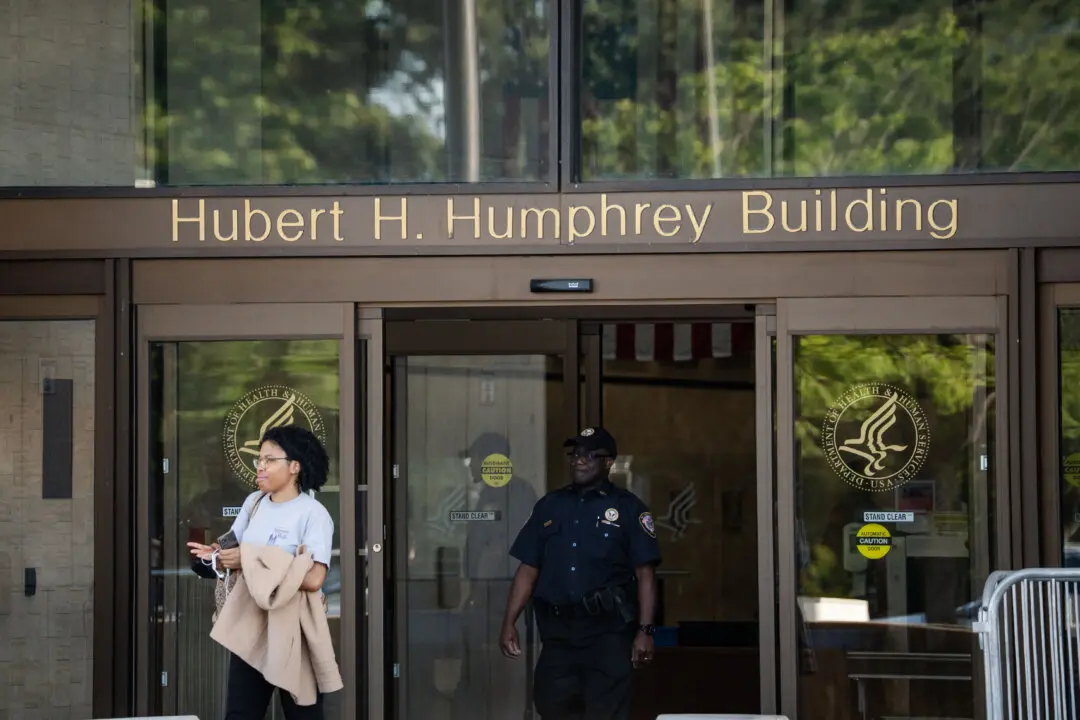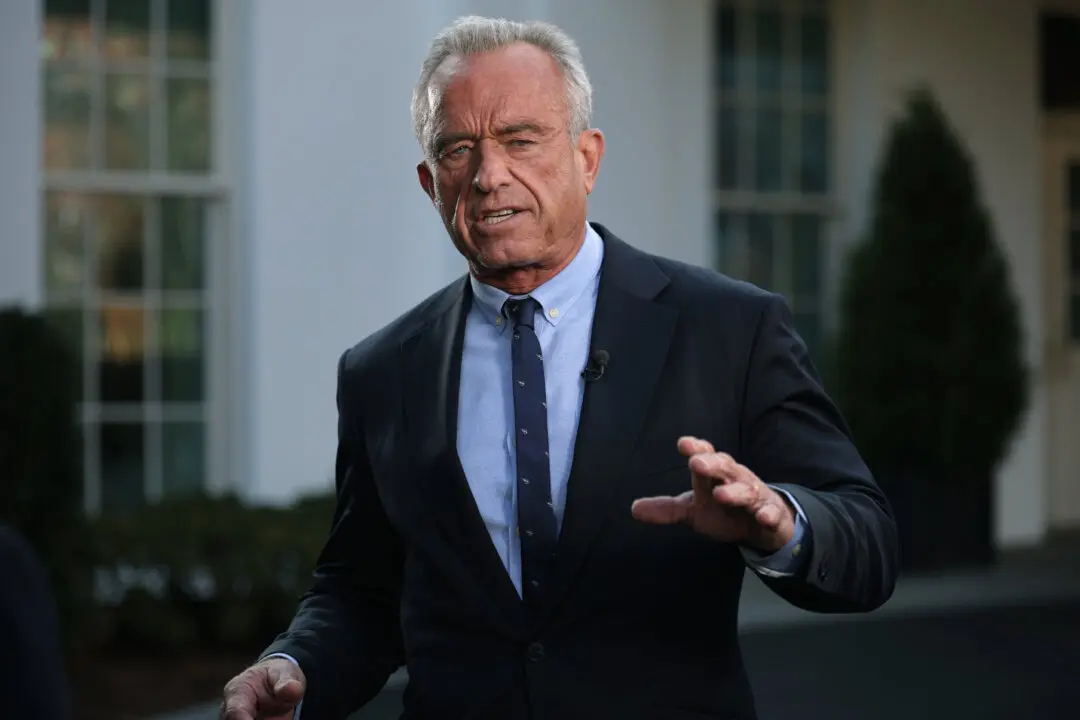The book penned by former National Security Adviser John Bolton doesn’t include any classified information about Ukraine, Bolton’s lawyer said in a response to the National Security Council.
Ellen Knight, the senior director for records, access, and information security management for the White House National Security Council, had told Bolton’s lawyer, Charles Cooper, that “based on our preliminary review, the manuscript appears to contain significant amounts of classified information.”





